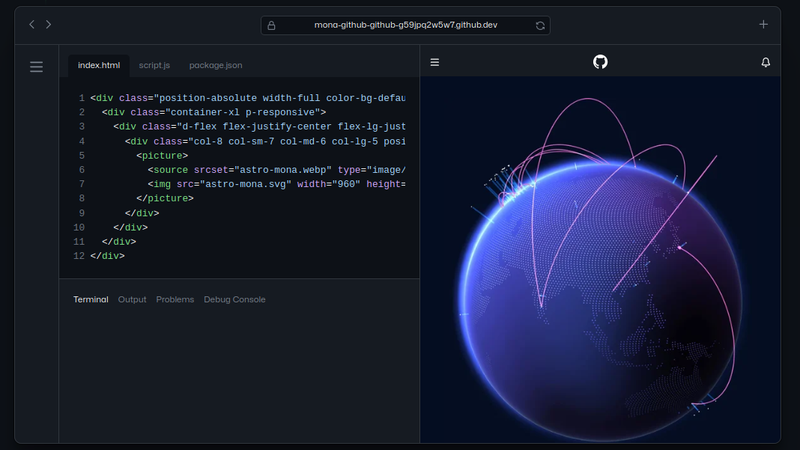Understanding Git and GitHub. Navigating the world of software development.

Simplifying things, an application (software) is a folder filled with files containing code (meaning text that can be understood and executed by a computer).
And in most cases, these are created and modified by teams ranging from 1 to thousands of developers - and this would be impossible without Git.
Git
Git is an open-source Version Control System (VCS) used for managing and tracking changes in the files of a software project. It’s created by Linus Torvalds and widely used by software developers to manage versions of their source code and collaborate on projects with other developers.
With Git, users can monitor changes made by collaborators and revert to previous versions of the project when necessary. This facilitates collaborative software development and ensures that all team members work with the same version of the code.
Git is considered a distributed version control system, which means each user has a local copy of the entire history of changes in the project. This feature allows users to work offline and synchronize their changes with the rest of the team later.
There are several alternatives to Git (such as Mercurial, SVN, Perforce), but Git dominates the global source code management market.
Git is commonly used in conjunction with source code management platforms like GitHub, GitLab, or Bitbucket, which provide additional functionalities for collaborating on software projects and managing versions.
Github
Repos and Collaboration
GitHub (github.com) is a web platform for software developers that allows users to collaborate on open-source source code projects. On GitHub, users can upload the source code of projects and organize them into repositories (repos). Other users can view, clone, or fork these repos, contribute, and suggest code improvements.
Features
GitHub offers a range of useful features for collaborating on software projects, including version control, issues, merge requests, and code reviews. Additionally, GitHub integrates with other popular tools used in software development, such as Jenkins, Travis CI, and Jira.
GitHub is one of the most popular platforms for open-source software development and is used by millions of developers worldwide. It’s also a significant source of information and resources for programmers, providing access to numerous open-source code libraries and documentation.
Commercial Use
GitHub is also used by many large companies worldwide. These companies utilize GitHub to manage internal software development and contribute to open-source projects.
For instance, Microsoft, one of the world’s largest technology companies, acquired GitHub in 2018 for $7.5 billion and actively employs it for its software development. Other major companies using GitHub include Google, Amazon, Facebook, IBM, and many others.
The usage of GitHub by these companies underscores the platform’s importance in large-scale software development and highlights that GitHub is considered an essential tool in the IT industry.
Deployment Use
GitHub can also be used for software application deployment. While GitHub itself isn’t a deployment tool, it’s possible to use GitHub in conjunction with other tools to automate the deployment process.
For example, a common approach is to use GitHub along with a Continuous Integration and Continuous Delivery (CI/CD) system like Jenkins, Travis CI, or CircleCI. This involves setting up a continuous integration process that compiles, tests, and builds the application into a deployable artifact, followed by a continuous delivery process that deploys the artifact to a testing or production environment.
Web Hosting
GitHub also offers a web hosting service called GitHub Pages, allowing users to create and host static websites directly from GitHub. This feature is often used to host websites for open-source projects or create personal websites.
Alternatives to GitHub
GitHub is a commercial product and the most popular in its niche, but it’s not the only one. The most popular alternatives to GitHub include:
GitLab - a similar platform to GitHub, offering version control, issues, merge requests, integration with other tools, and more.
Bitbucket - a platform for software developers providing version control, code reviews, and more. Bitbucket is developed by Atlassian, the same company behind Jira.
SourceForge - an older but still popular platform offering a wide range of functionalities for open-source software development, including version control, discussion forums, support for multiple programming languages.
Launchpad - a platform developed by Canonical, the company behind the Ubuntu operating system. Launchpad offers a series of features for open-source software development, such as version control, translations, bug reporting, and more.



